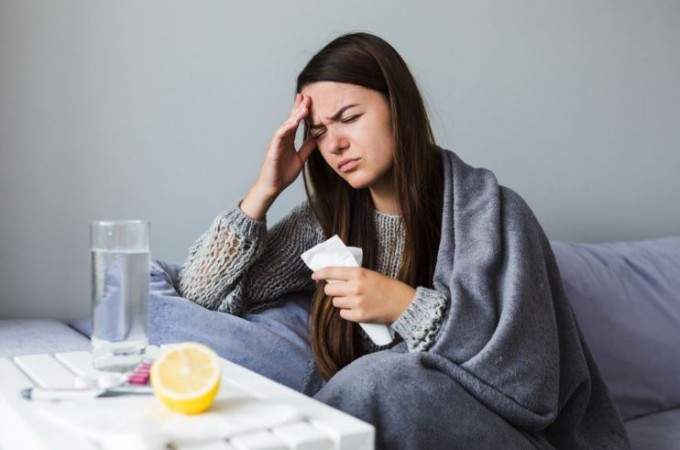
The arrival of the monsoon season brings relief from the scorching heat of summer but also ushers in a host of health challenges. From common colds to severe vector-borne diseases, the rainy season demands careful attention to health and hygiene. Here’s a detailed guide on how to protect yourself and your loved ones from monsoon-related illnesses.
1. Skin Care During Monsoon
The increased humidity during monsoon can lead to various skin problems, especially fungal infections. Here’s how to take care of your skin:
Change Clothes Promptly: After getting wet in the rain, change into dry clothes as soon as possible. Prolonged exposure to damp clothing can lead to fungal infections and skin irritation.
Keep Skin Dry: Ensure that your skin is thoroughly dried after coming in contact with rainwater. Pay special attention to areas where moisture tends to accumulate, such as between toes and underarms.
Personal Hygiene: Maintain good personal hygiene by taking regular baths with antifungal soaps. Keep your nails short and clean to prevent dirt and germs from accumulating.
2. Preventing Gastrointestinal Issues
Digestive problems are common during the monsoon season due to contamination of food and water. Follow these tips to avoid stomach ailments:
Hygienic Food Practices: Consume freshly cooked, hot meals prepared in clean surroundings. Avoid eating street food or raw vegetables and fruits that may have been washed in contaminated water.
Water Safety: Drink only boiled or filtered water. Avoid ice cubes in drinks and opt for bottled beverages from trusted sources.
Hand Hygiene: Wash your hands frequently with soap and water, especially before eating or handling food.
3. Protection Against Vector-Borne Diseases
Mosquito-borne diseases such as dengue and malaria are rampant during the monsoon due to the proliferation of mosquitoes in stagnant water. Here’s how to minimize the risk:
Prevent Mosquito Breeding: Ensure there is no stagnant water around your home or workplace. Regularly empty and clean containers that can collect rainwater, such as flower pots, buckets, and coolers.
Use Mosquito Repellents: Apply mosquito repellent creams or sprays on exposed skin, particularly during the early morning and evening when mosquitoes are most active.
Mosquito Nets and Screens: Sleep under mosquito nets, and keep windows and doors screened to prevent mosquitoes from entering your living spaces.
4. General Health Tips
Boost Immunity: Eat a balanced diet rich in vitamins and minerals to strengthen your immune system. Include plenty of fruits and vegetables that are in season.
Stay Active: Engage in regular physical activity to boost your overall health and immunity.
Stay Informed: Be aware of the symptoms of common monsoon diseases such as fever, body ache, and persistent cough. Seek medical attention promptly if you notice any unusual symptoms.
5. Environmental Hygiene
Community Efforts: Encourage community initiatives to maintain cleanliness in your neighborhood. Participate in local clean-up drives to prevent waterlogging and reduce mosquito breeding sites.
Educational Campaigns: Spread awareness about monsoon-related health risks and preventive measures among family, friends, and colleagues.
By following these comprehensive measures, you can significantly reduce the risk of falling ill during the monsoon season. Remember, prevention is key to enjoying a healthy and pleasant rainy season. Take proactive steps to safeguard your health and well-being against monsoon-related ailments.
Challenges and Health Risks of Prolonged Space Missions for Astronauts
Never eat this thing with tea, it can be dangerous
Hina Khan got breast cancer, said- I am in the third stage, I am ready to do anything